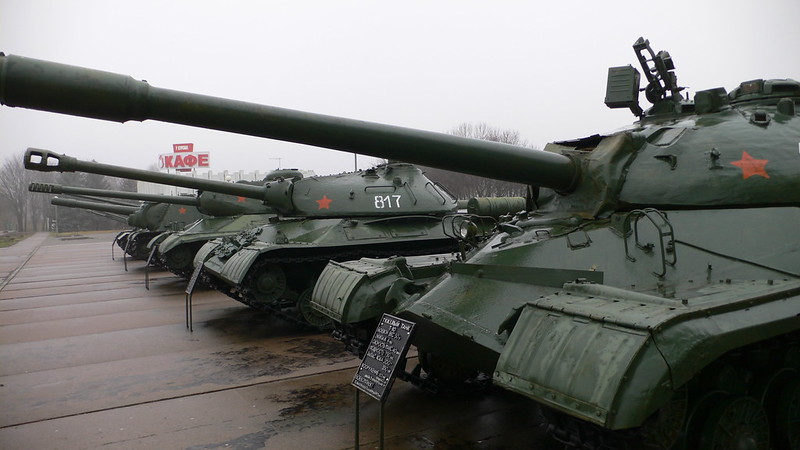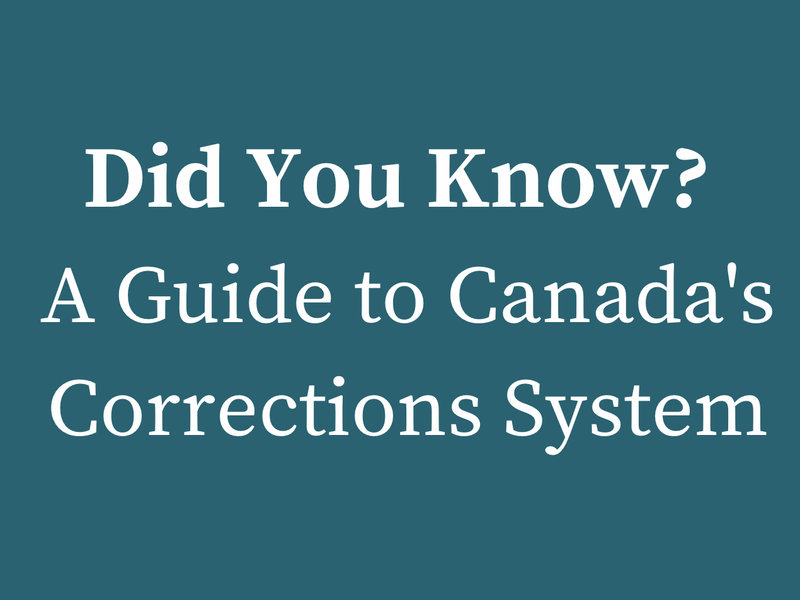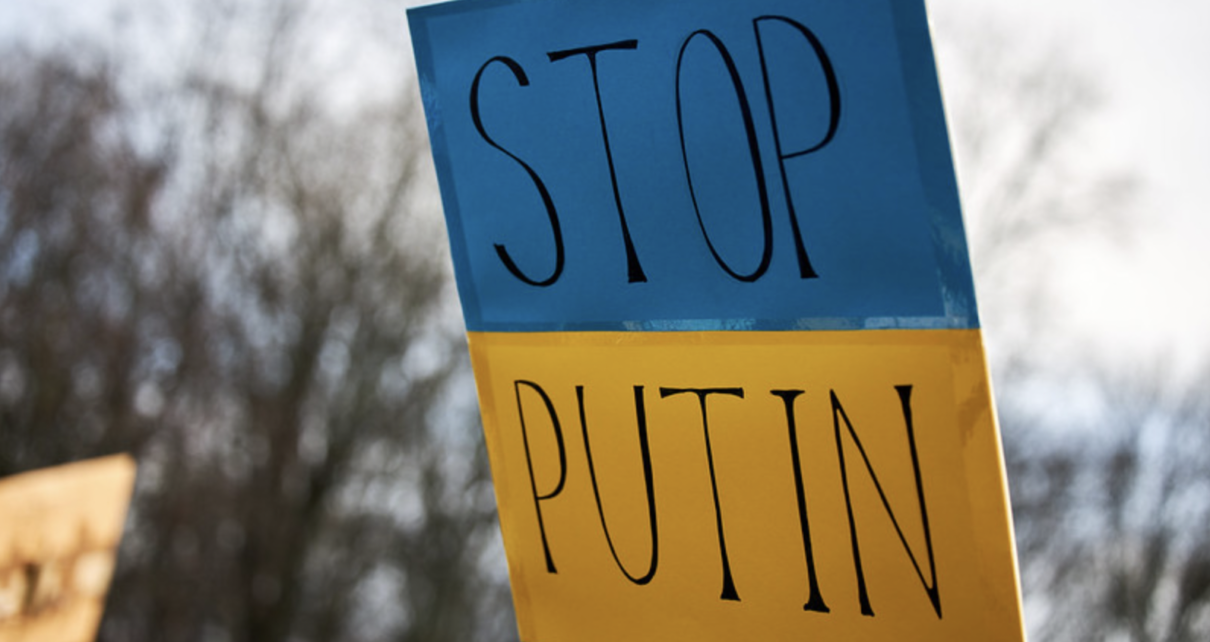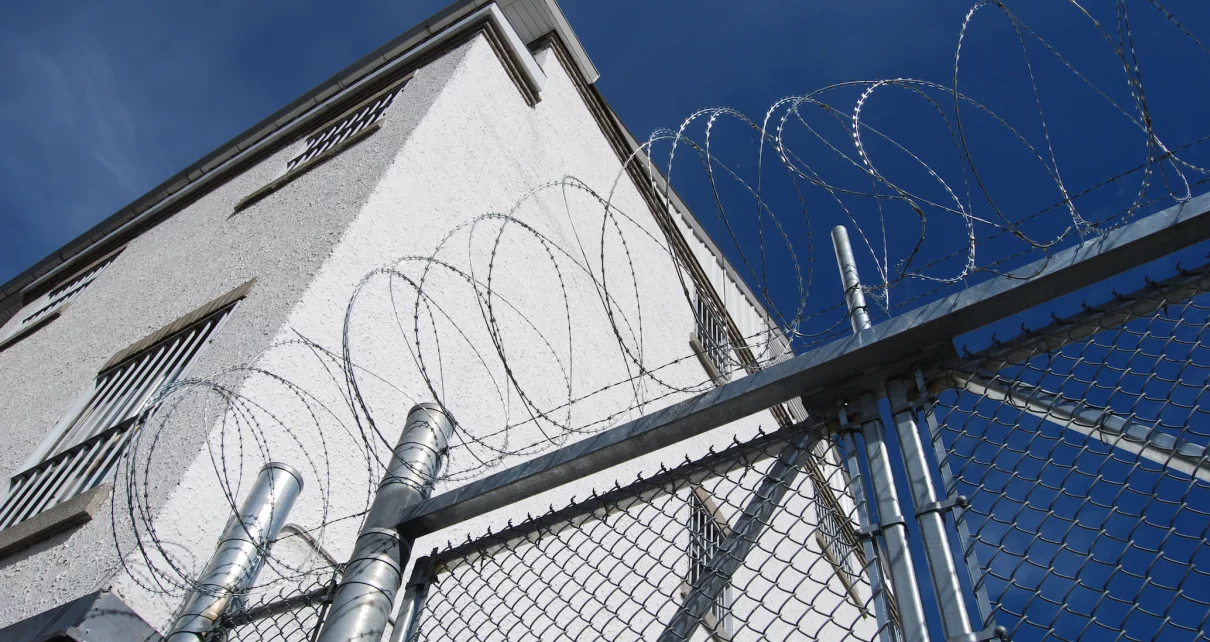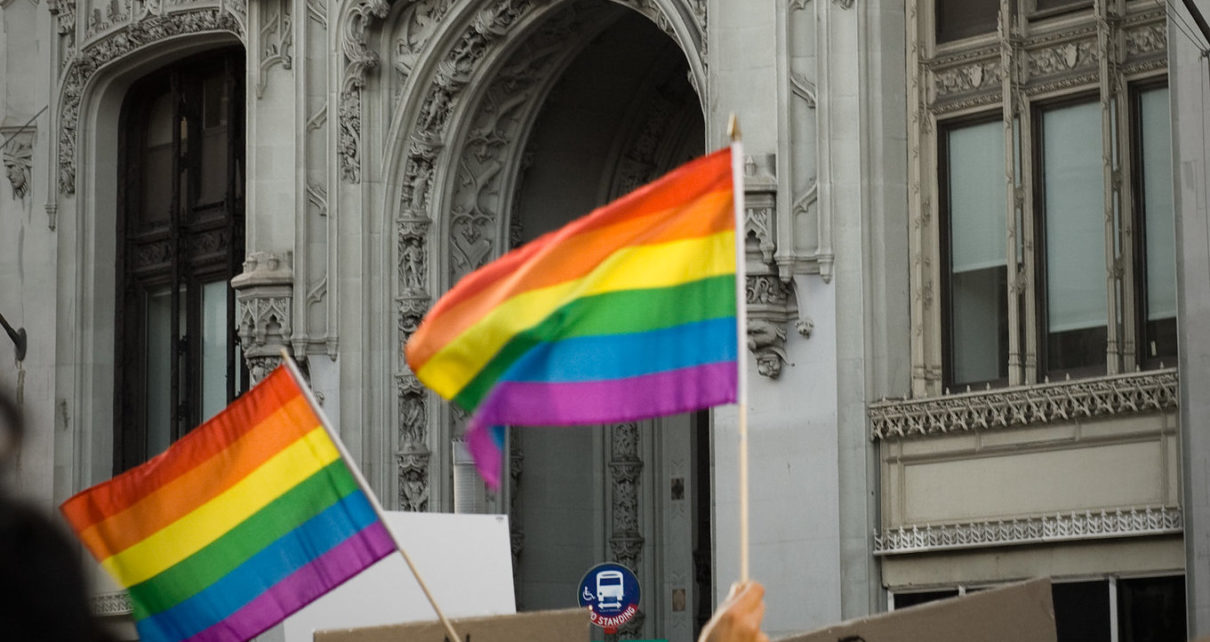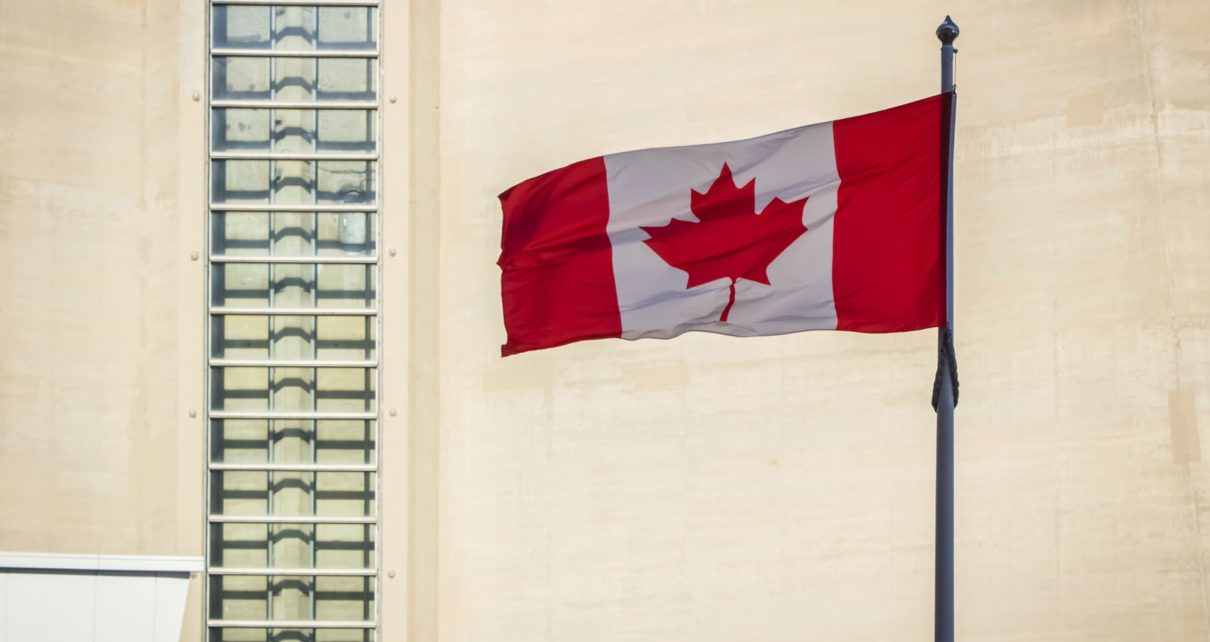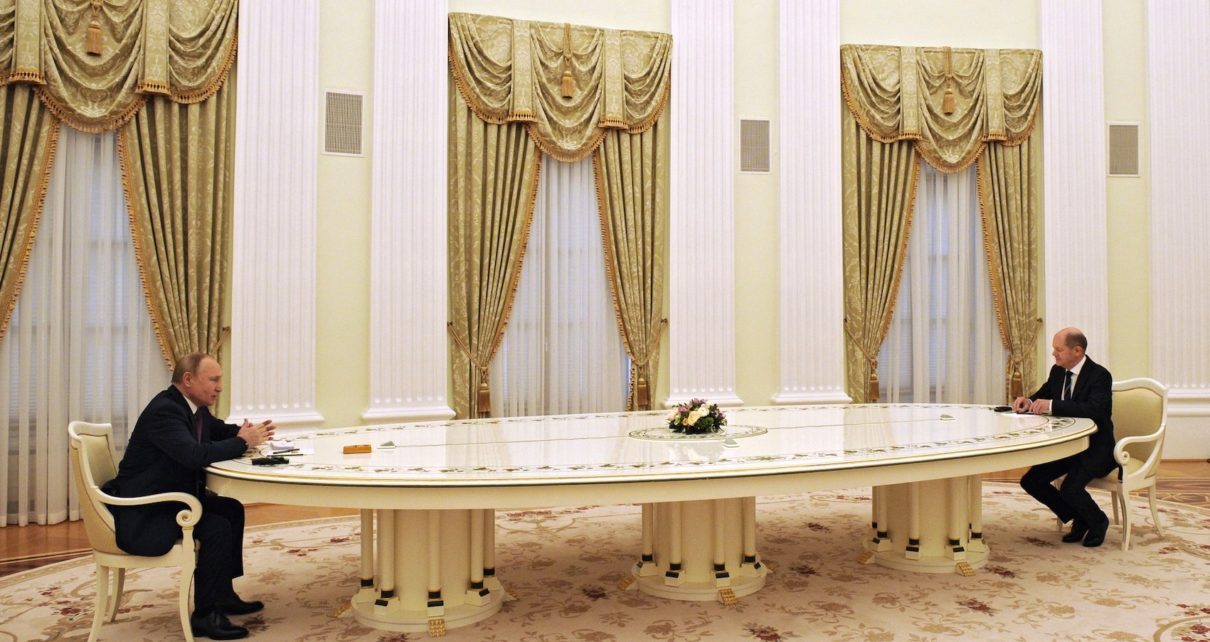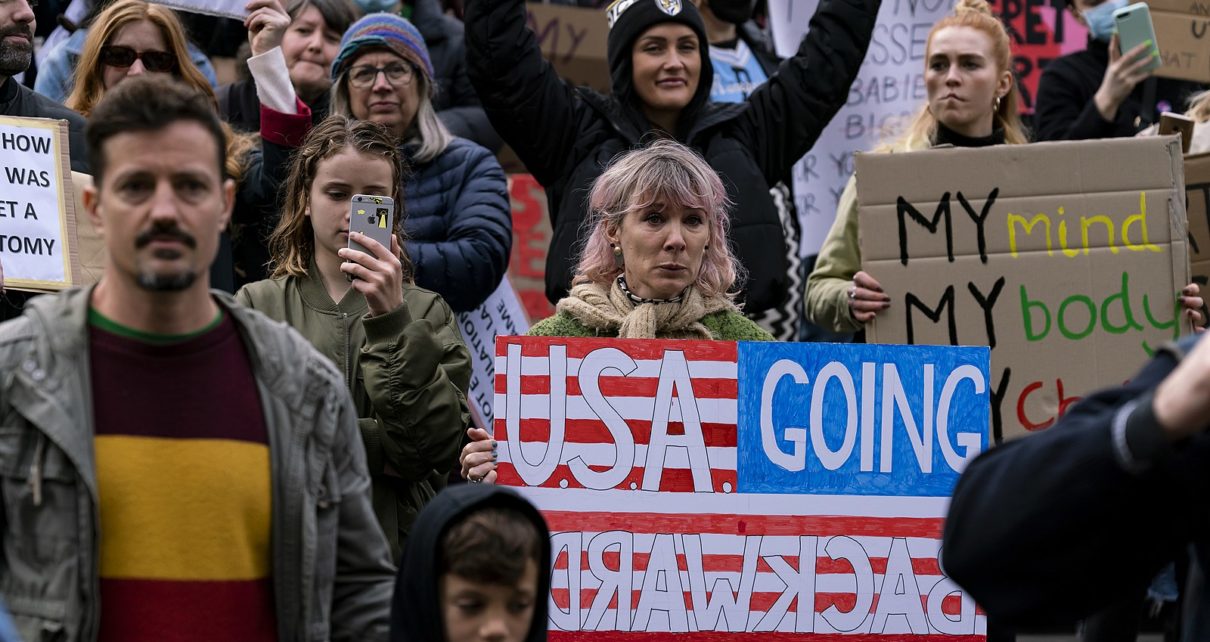Inequality, legacies of colonialism, and a lack of modern infrastructure cause residents of Canada’s Arctic to experience higher rates of food insecurity than the rest of the country. Canada needs to create a comprehensive Arctic strategy that addresses food insecurity, the factors contributing to it, and the growing international tension in the Arctic.
Society, Culture, and Security
The NATO Association of Canada’s Society, Culture, and Security program takes a look at the issues that impact Canadians’ every day lives while connecting them to international relations. The program covers a wide range of topics, which include: pop culture, art, film, global events, and socio-political relations. In addition, Society, Culture, and IR aims to examine and provide in-depth analyses that relate international affairs to the interests of Canadian society.
A Retrospective Review of Red Storm Rising: Relevant Revival or Russophobic Relic?
Often praised as the father of the ‘techno-thriller,’ Tom Clancy used rigorous attention to detail, combined with meticulous research into political and military affairs, to produce a series of best-selling books in the 1980s and 1990s. One of these, a collaboration with author Larry Bond, was Red Storm Rising (1986), which centred on a hypothetical Read More…
Did you know? A Guide to Canada’s Corrections System Infographic
To read more about Canada’s correctional system and wrongful conviction, check out Katherine E. Todd’s article: Milgaard, the Hip, and Wrongful Conviction
Putin’s War Has United Europe
In this article, Jordan McEwen discusses the European Union’s improved cooperation and how this may have been triggered by Russia’s invasion of Ukraine. Contrary to those who maintain that Europe’s unity over Ukraine is fading, she argues that member states shared concern for their security may be allowing for better cooperation than ever before.
Milgaard, the Hip, and Wrongful Conviction
Milgaard’s case highlighted the need for justice reform in Canada and abroad; his death serves to remind us that this type of reform still hasn’t happened.
NATO Needs to Act When Member States Curb LGBTQ+ Rights
Hungary frequently discriminates against minority groups, including members of the LGBTQ+ community, violating standards of human rights. In this article, Jordan McEwen and Diana Fodor discuss why NATO should intervene to address Hungary’s rollbacks of LGBTQ+ rights.
Canadian Armed Forces and Culture: The Need for Change
A look into the issue of retention and culture in the Canadian Armed Forces
Special Report: Germany Must Abandon Ostpolitik
For over fifty years, Germany hoped that a conciliatory approach predicated on close economic ties, and diplomatic and cultural rapproachement in its Russia policy – commonly known as Ostpolitik – would warm Russia to the West. Two Russian invasions of Ukraine and many sanctions later, it has become abundantly clear that Berlin’s orthodox policy towards Moscow has Read More…
The Impact of Increasing Political Instability on Canadian Security
A look at Canada’s rising security issues.
The International Implications of Roe v. Wade’s Overturn
The international community has responded to the US Supreme Courts’ overturn of Roe v. Wade. In this article, Jordan McEwen highlights international concerns, specifically for human rights and democracy.


